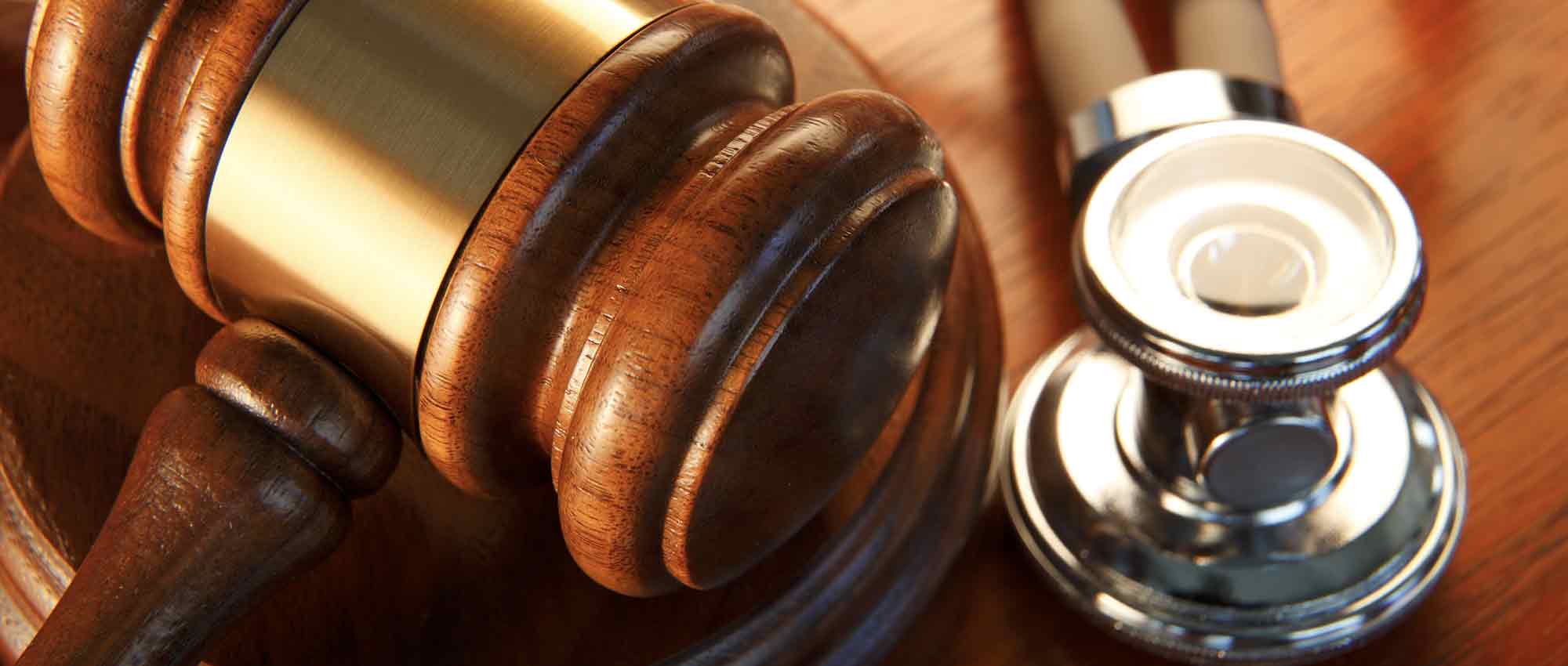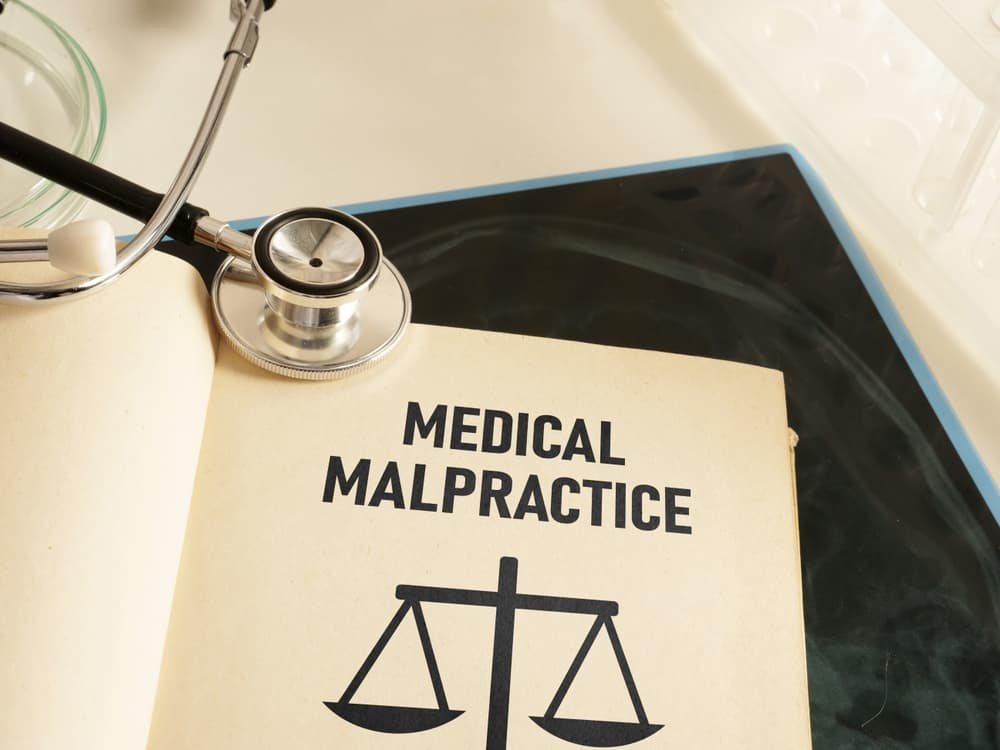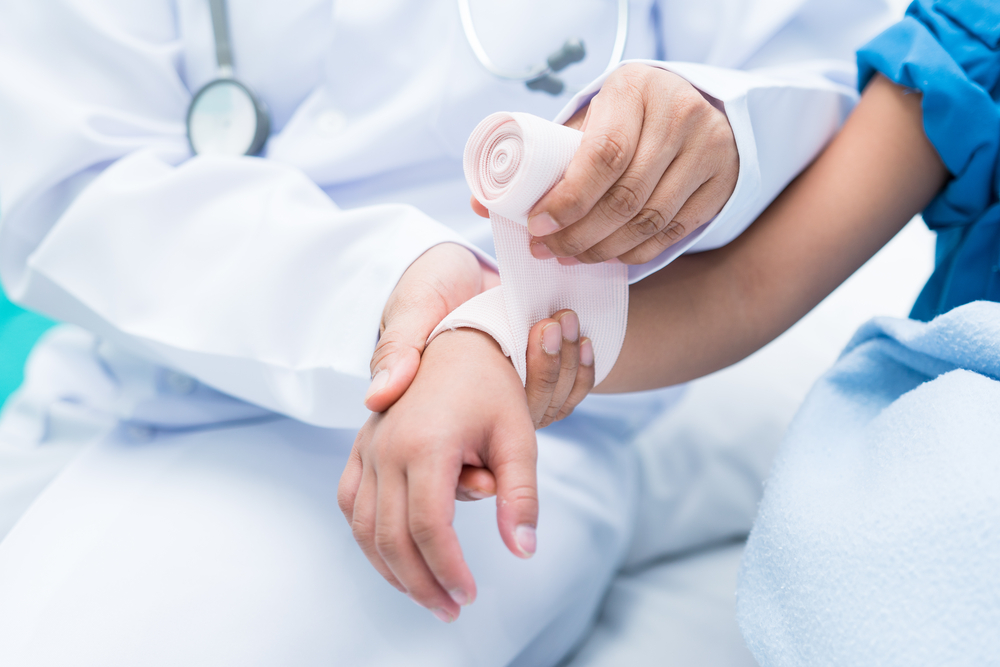
The Different Faces of Medical Malpractice Seen in South Carolina
Medical malpractice is basically another name for negligence. Only in this case, negligence involves a medical error of one form or another. The error or inappropriate action could take the form of an errant diagnosis, inadequate or wrongful treatment, the wrong medication or the wrong dose, poor medical management or lack of appropriate aftercare. If a physician, pharmacist, nursing professional or hospital fails to give a patient the care they need, a medical malpractice lawsuit can be filed against them.
Basics of Medical Malpractice
Every doctor, other healthcare personnel or facility is expected to provide a certain standard of care. But, who makes up the standard? In large part, the standard is a reflection of community expectations in the area and accepted medical practices. If the physician or healthcare facility deviates from the standard, a medical malpractice claim is possible.
Is Medical Malpractice Possible in all Patient Situations?
Not really. Some patients experience serious symptoms even after they receive proper care. An ill or symptomatic patient is not always a reason for medical malpractice. However, if the standard of care was broken and the patient became sicker or died, then a malpractice claim might be appropriate.
The Malpractice Process in South Carolina
Medical malpractice starts when a patient claims that the medical professional deviated from the standard of care. An example of this would be when a patient presents with symptoms that are suggestive of appendicitis. However, the treating physician, who has recently treated many cases of gastrointestinal flu, decides that it is more than likely the flu. He gives the patient medication for nausea and tells them to return the next day if symptoms persist. During the night, the patient suffers a high fever and pain in their lower right side so that merely pressing on the area makes the pain worse. In addition, the patient begins to vomit and cannot take anything by mouth. The next morning, the patient goes to the hospital and while waiting to see the doctor, their pain dramatically lessens. The doctor in the ER runs some tests and the patient’s white blood cells are high. An X-ray is inconclusive.
The doctor reviews the patient’s history and is convinced that their appendix burst and peritonitis is possible. Exploratory surgery is performed, and sure enough, the appendix burst. As a result, the infected tissue is removed and the underlying condition treated. The patient is treated with appropriate antibiotics and survives.
The problem here is that this did not have to happen. Peritonitis can be life-threatening, and the treatment is more complicated and rigorous than the removal of a bad appendix. In this case, the patient has a reason to file a malpractice lawsuit against the initial doctor for a wrong diagnosis and improper care as well as for the pain, hardship, expense and the longer recuperation time they would endure.
Types of Errors in South Carolina Medical Malpractice Claims
Errors that lead to a medical malpractice claim are:
- Diagnostic failure
- Surgery that is unnecessary
- Not doing appropriate tests
- Discharging a patient too soon
- Wrong medication or dose
- Lack of followup
- Wrong body part operated on
- Items left inside the patient’s body such as a sponge or instrument
- Hospital infections
- Continuing pain after surgical intervention
- Lack of informed consent
How an Attorney in South Carolina Can Help
Your medical malpractice attorney will review your case and often bring in experts to examine your hospital records. Other doctors and surgeons may also be asked to testify in depositions and in a civil court hearing. Your attorney may also negotiate a settlement. If the medical professional is found to be guilty of medical malpractice, both compensatory and punitive damages may be awarded.
South Carolina Medical Malpractice Lawyer
If you or a loved one was injured by a doctor, hospital or another medical professional, call Morris Law Accident Injury Lawyers at (843) 232-0944 in the Myrtle Beach area to schedule a free case review. You can also contact us online if that is easier for you.







